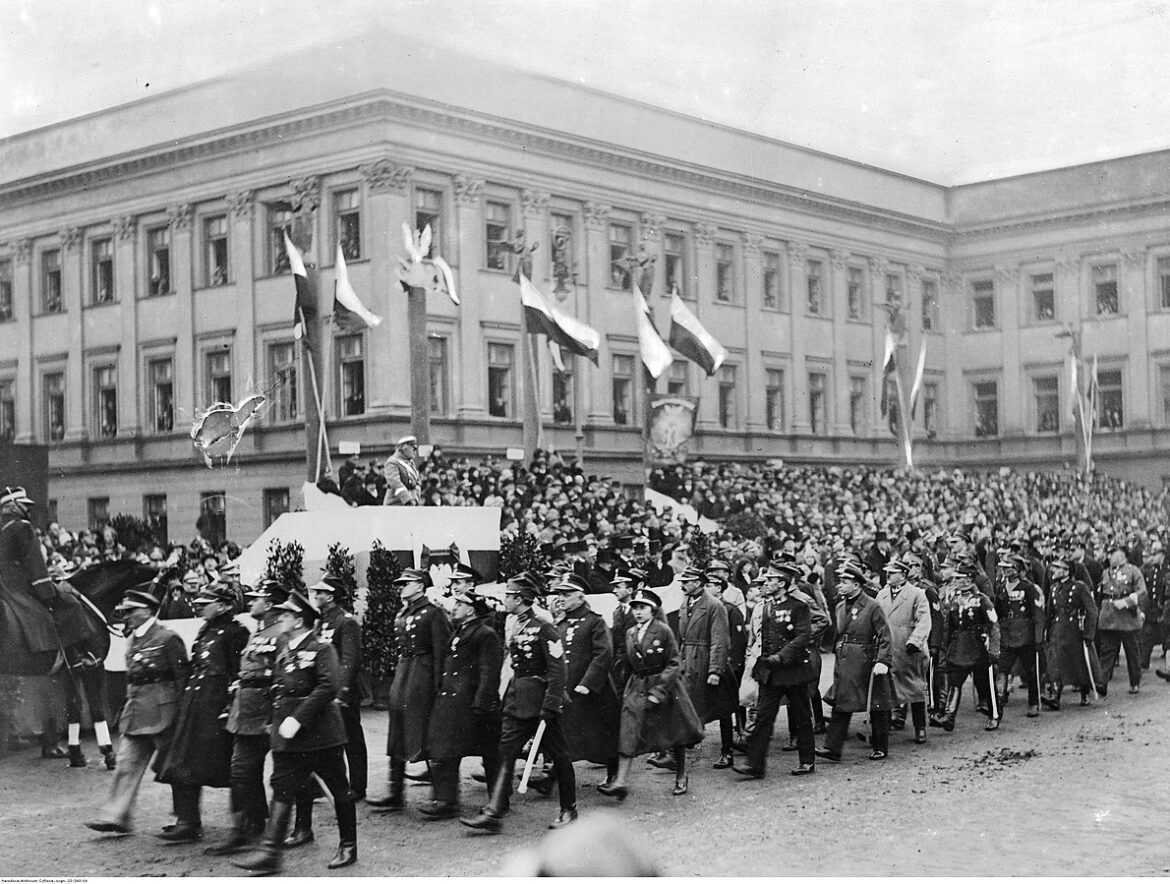Every year in Poland, 11 November is celebrated as National Independence Day. It commemorates the regaining of independence by the Polish state in 1918 after 123 years of partitions, filled with continuous struggle of generations of Poles to regain freedom.
In the global consciousness, 11 November 1918 is the date on which the hostilities of the First World War ended. It was when the Germans signed an armistice in a railway carriage in a forest near Compiègne, France, and agreed to the conditions imposed on them by the coalition countries.
In Poland, it was exactly on that day when the Regency Council entrusted Józef Piłsudski, who had arrived in Warsaw the day before, with the task of organising the state authorities. Regaining independence and creating a state proved to be a long process. The struggle for borders, plebiscites and uprisings, as well as the diplomatic efforts undertaken by Roman Dmowski during the peace talks that culminated in the signing of the Treaty of Versailles (an effort not appreciated by all today) continued.
In Poland, celebrations commemorating the date of 11 November initially had the character of military ceremonies held on the first Sunday after the date. In 1920, however, they were held on 14 November, with Józef Piłsudski receiving the highest possible military rank – Marshal. In subsequent years, especially after the May Coup by Piłsudski, the celebration began to take on a more general character. The Act of 23 April 1937 raised it to the rank of a public holiday, which before the outbreak of the Second World War was only celebrated in 1937 and 1938.
During the occupation, the leaders of the Polish Underground State, despite the threat of repression, tried to remind their compatriots of the anniversary of regaining independence. Pre-war sites associated with the regaining of freedom were decorated with white and red flags and flowers. Also, commemorative articles appeared in the underground press, and commemorative inscriptions on the walls of buildings and other places in occupied cities: “11 XI 1918”, “Poland is alive!” and “Poland will win!”.





